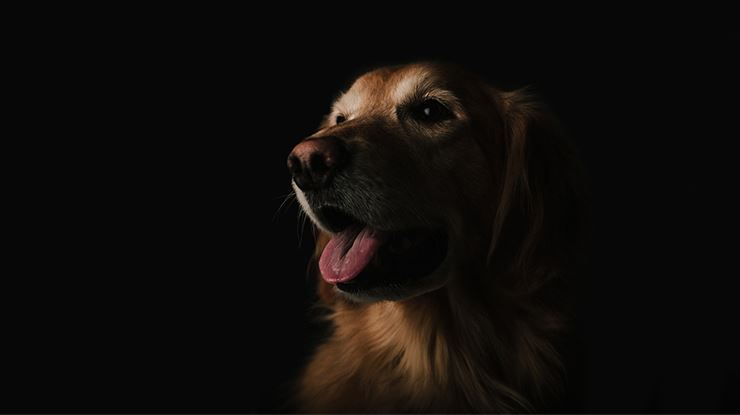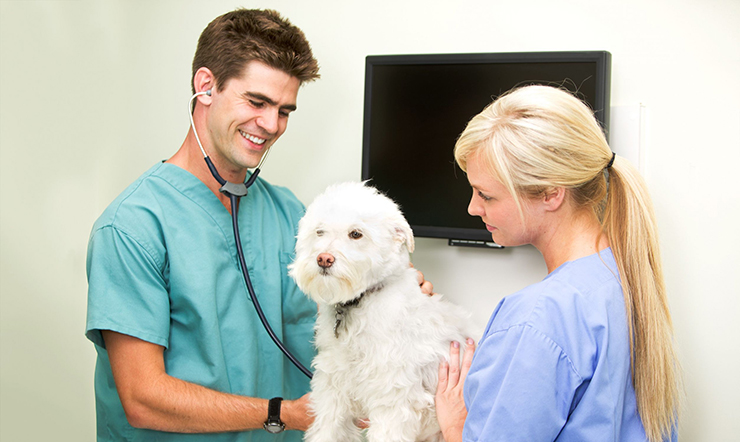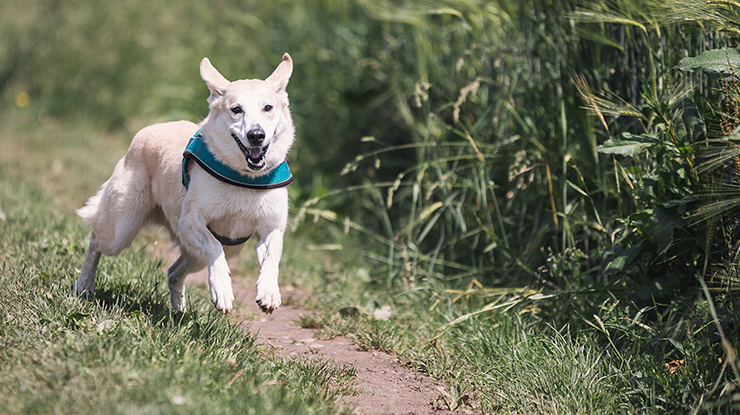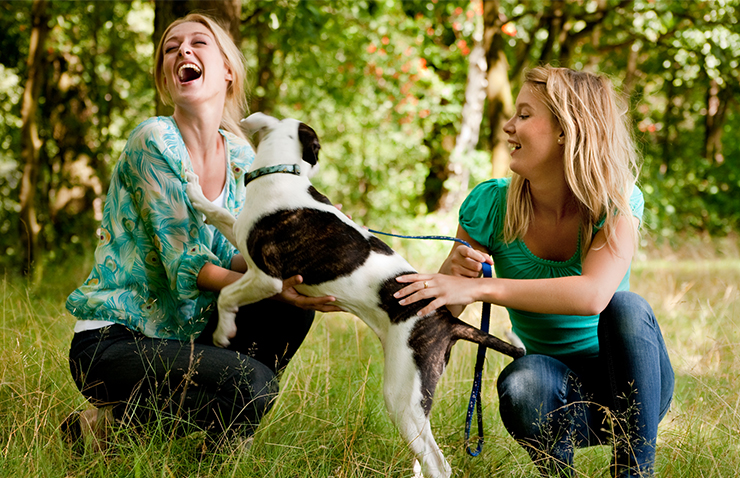
Dogs can be susceptible to cancer, and some breeds are more susceptible than others. Thankfully, owners can adjust their pets’ diets and help them lose weight, get proper exercise, and keep them away from harmful toxins such as insecticides to help with cancer prevention.
There are many actions owners can take to reduce their pets’ cancer risk. Here are a few ways to better protect your dog.

Vet Exams
The number-one method of prevention is to start looking early for signs of cancer. German shepherds and boxers are particularly prone to cancers, as are some other breeds. During your annual vet visit, you can have your veterinarian run blood tests, biopsies, or feel for any abnormal growths. As an owner, you can make sure your pets eats right and gets exercise, and you can also look for any noticeable signs that your furry friend does not feel well. Early detection can significantly increase a dog’s chances of survival.
Cancer Diet
To further help prevent the likelihood of cancer, you may need to adjust your pet’s diet. As suggested, you can turn your focus to the whole, organic, and unprocessed foods, just as you would eat to stay healthy. Also, a meal that is half animal protein and half doggy-friendly veggies, like green beans or dark greens, can be beneficial. Many health-conscious dog owners have adopted this type of diet instead of dog food or kibble. You may want to read what is in your pet’s current food and then decide if you should move to a healthier option.
If your pet was checked by a veterinarian and diagnosed with cancer, there are some diet changes you can incorporate as well. Ailing dogs may lose weight or feel and act lethargic. Your pet will need lots of good, high-quality protein to help with their muscles and weight. They will also need omega fatty acids that will assist with their fat stores. The suggested diet should consist of 35 to 50 percent of calories from protein, with another 50 to 60 percent from fat and the rest can be carbohydrates.

Exercise
Exercise is an important aspect of your pet’s life. Without exercise, your furry friend can become obese, and obese animals have been found to be at greater risk to develop cancer. There is no identifiable link between obesity in pets and cancer, but there is an increased chance that obese pets can develop cancer. There are many types of cancer that pets can unfortunately develop, and getting your pet moving can help decrease those risks.
Other Methods
There are a few other things to try to help your pet remain healthy. When using weed or bug killers, try using brands that are made using non-toxic ingredients or that are “green.” It goes for flea and tick use as well. These oils and soaps can be harmful if used too much.
Another suggestion is to get your pet spayed or neutered—but not too young. Your vet can help you decide when is the best time to do it and what the risks are. Household cleaners can also have cancer-causing ingredients and effects on our pets. Know what items you have and any warnings or toxic elements that they might contain. Don’t let your pet play in, sniff, or touch them.

Increase the Odds of a Cancer Free Life
Cancer cannot be 100 percent prevented, but there are steps you as an owner can take to help protect your pet and possibly decrease the risks. Your dog needs good food, plenty of exercises, clean water, and annual vet exams. You can monitor your pet annually with X-rays or blood work to check for cancer. Avoid using toxic chemicals around you and your pet. The care you provide will make your pet happy and healthy as you enjoy your time together.
The best cancer prevention for pets is good care. Know your pet and what it needs to be healthy and happy. Look for early signs and educate yourself on your dog’s breed and what its cancer risks are.
----------
 About the Author: Since she started writing for Crazy Pet Guy, Sarah has discovered an appreciation for proper pet care and animal welfare awareness.
About the Author: Since she started writing for Crazy Pet Guy, Sarah has discovered an appreciation for proper pet care and animal welfare awareness.
To learn more about taking care of pets, visit her blog.










